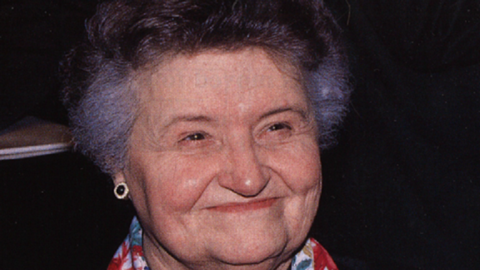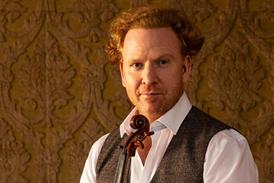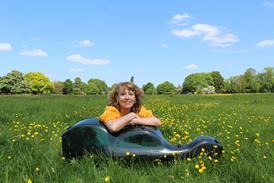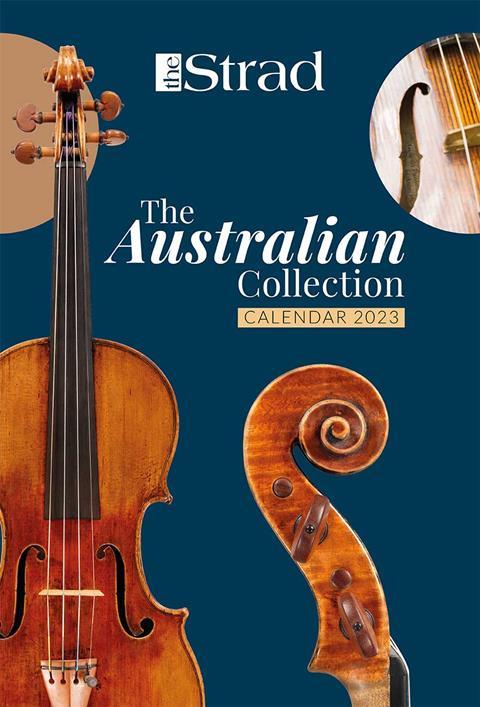During the Joseph Joachim International Violin Competition in Hannover in 1995, jury member Dorothy DeLay led a 90-minute discussion on teaching. Evelyn Chadwick recorded some of her views.

Discover more Featured Stories like this in The Strad Playing Hub
Dorothy DeLay joined the Juilliard School in 1948 and taught violinists including Itzhak Perlman, Cho-Liang Lin, Shlomo Mintz, Nigel Kennedy, Sarah Chang, Midori and Gil Shaham. Until her death in March 2002, she was regarded as one of the world's most influential and successful teachers. Read some of her theories below:
What's the secret to my teaching? I've spent many hours doing it every day.
Those who play well have two important qualities: self-confidence; and a sense that what they believe is equally important to others. Children are born with these qualities, but as time goes by they are lost. A teacher must strengthen them.
One should never say to a pupil, 'that's wrong'. Instead one should say, 'that's fine', and then find easy steps towards the discovery and correction of the fault. Pupils can develop areas of 'withdrawal' and fear, so the teacher must work on these gently and with tact.
The audience arouses 'dragons' if passages haven't been practised properly.
Forget past criticisms. Don't become your own worst enemy.
Everyone has talent, but there are different types of it: verbal, mathematical, musical, spatial, physical, social and moral.
Performers must understand the value of what they do; it is their responsibility to create something beautiful so that others may love it.
Sometimes fingers won't do what's required of them: insecure shifting for example. The problem is that shifts are either too fast or too 'squeezed'. It helps to think of shifts as a train journey from A to B: before arriving at B, one gathers together one's things, gets up and disembarks, but without haste.
Only since Kreisler has continuous vibrato come into general use. Today the accepted view is that vibrato should support the line or phrase, so that at the end of the phrase, the vibrato relaxes.
Tension limits all aspects of violin playing. Some violinists, such as Itzhak Perlman, look awful, but still sound great because they have a large vocabulary of stroke types.
We have to remember parents' hopes for their children. Every teacher knows that parents can, and do, make terrible mistakes. One has to remind them that their children need to relax and have interests other than violin playing in order to develop.
These extracts were published as part of a larger article in The Strad's March 1995 issue.
Read: The teaching of Dorothy DeLay - by violinists Itzhak Perlman, Stephen Clapp and Brian Lewis
Read: The secret teaching methods of violinist Dorothy DeLay
Read more Featured Stories like this in The Strad Playing Hub
The number one source for playing and teaching books, guides, CDs, calendars and back issues of the magazine.
In The Best of Technique you’ll discover the top playing tips of the world’s leading string players and teachers. It’s packed full of exercises for students, plus examples from the standard repertoire to show you how to integrate the technique into your playing.
The Strad’s Masterclass series brings together the finest string players with some of the greatest string works ever written. Always one of our most popular sections, Masterclass has been an invaluable aid to aspiring soloists, chamber musicians and string teachers since the 1990s.
This year’s calendar celebrates the top instruments played by members of the Australian Chamber Orchestra, Melbourne Symphony, Australian String Quartet and some of the country’s greatest soloists.





































No comments yet